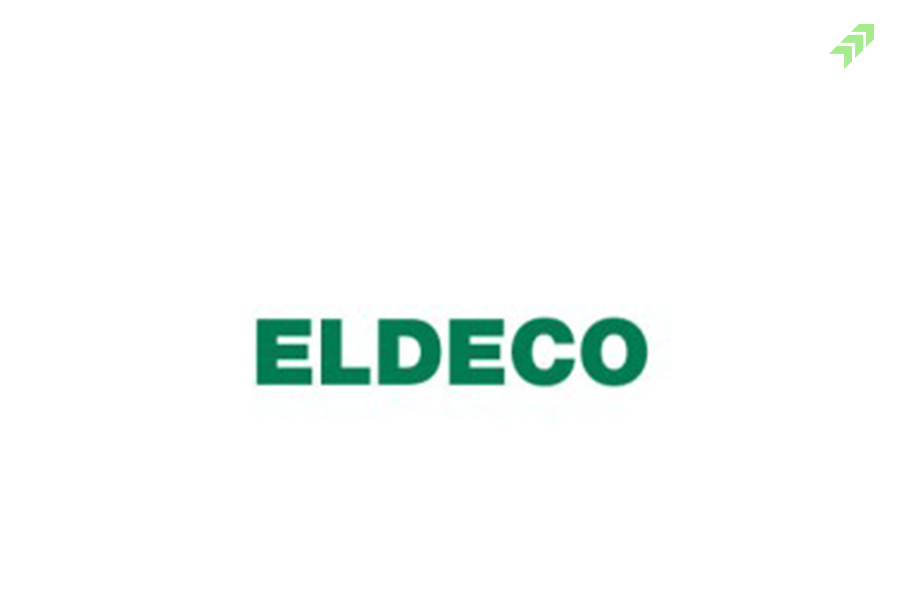SEBI in the recent past has taken many steps to safeguard the interests of small investors and traders by publishing reports, spreading word through official means, and taking action against unauthorized finfluencers, the most recent incident was “Baap of Chart”. Fin-fluencers have been accused of peddling misinformation to push stocks where they have vested interests, besides allegations of kickbacks from companies for promoting their stocks, manipulating investors with fake proof of growth, and even charging ordinary individuals for these advisory services.
Today, October 26, an article was published on Moneycontrol stating that “Sebi to review exchanges’ benefits to brokers,” which may dent discount broker business models. According to the article, the security market regulator (SEBI) is set to review the practice of exchanges offering pass-backs or rebates to brokers for transactions in the F&O segment. Incentives, if changed, could have significant implications on the profit margins of discount brokers like Zerodha and Groww, who have attracted small investors by offering ultra-low brokerage, and a surge in volume in the F&O segment due to the entry of retail investors into the F&O segment.
Now, you might be wondering: What benefit does an exchange provide to its brokers?
Both the BSE and NSE charge brokers a transaction fee based on turnover. At the broker level, the higher the turnover value, the lower the transaction charges they have to pay to the exchanges. However, when their aggregate turnover exceeds a certain threshold, the transaction charge they (the broker) have to pay for exchanges is much lower. Brokers retain the excess they have collected from their clients, and since top brokers easily gross a few thousand crores of turnover every month, this adds up to a sizeable sum over the course of the year. According to calculations, NSE may have paid out between Rs 500 – Rs 1,000 crore in rebates to trading members on options trades in FY22–23. This is a way of incentivizing brokers to generate higher turnover, with the highest incentives being in the options segment.
The point of inflection for exchange comes in the wake of concerns over surging derivatives volume, especially as the Sebi study shows that 89% of traders end up losing money in stock markets. SEBI has maintained that it is doing all it can to eliminate systemic risk through the continuous tightening of margin norms. However, the low probability of making profits and stringent margin requirements have so far failed to dampen the enthusiasm of retail participants for F&O trades.


















No comment yet, add your voice below!